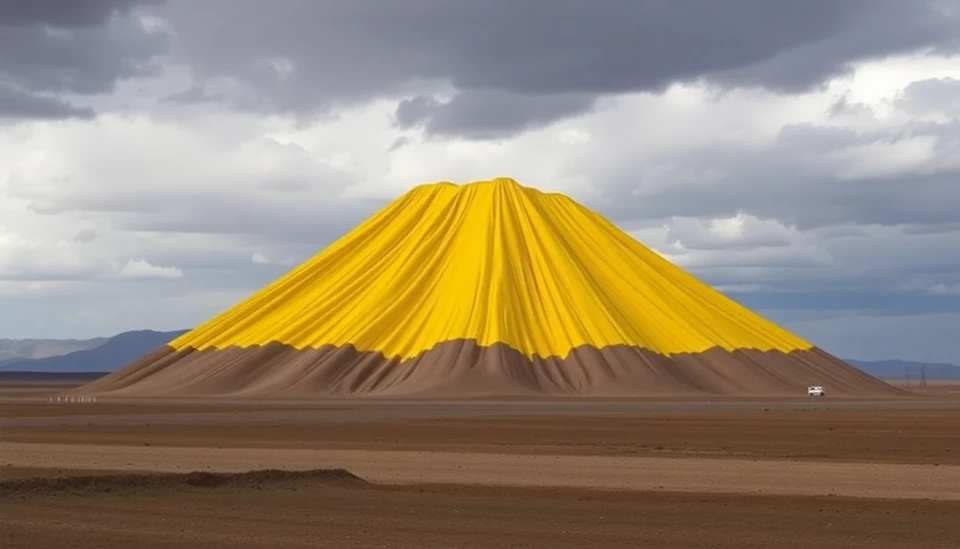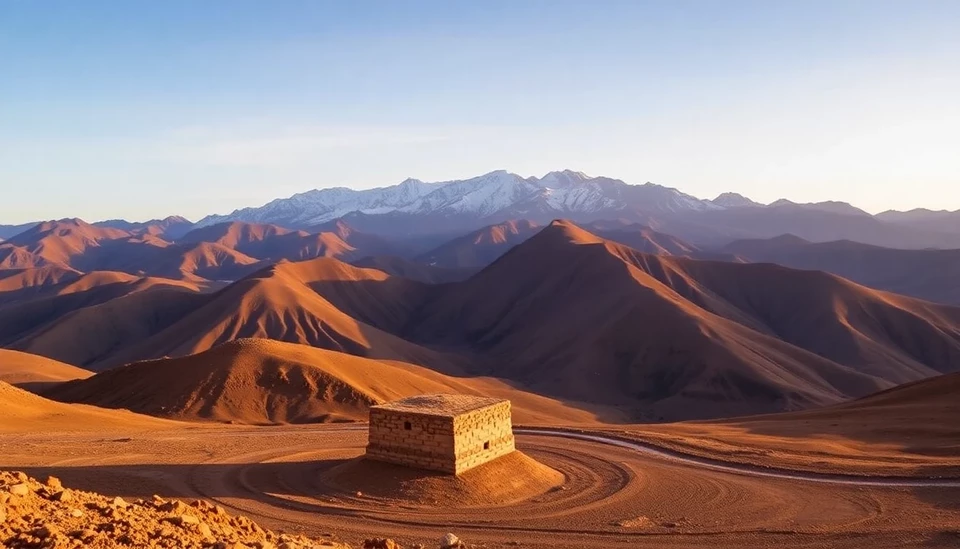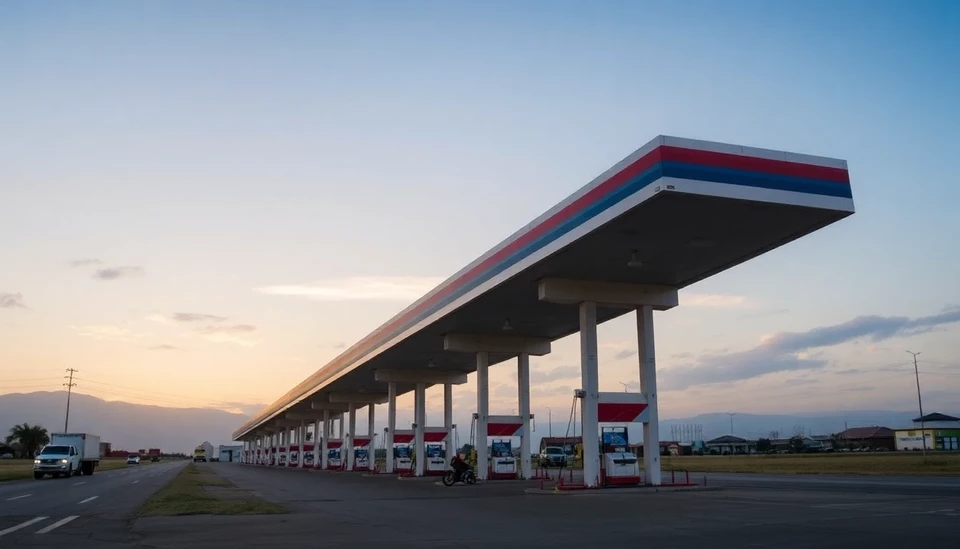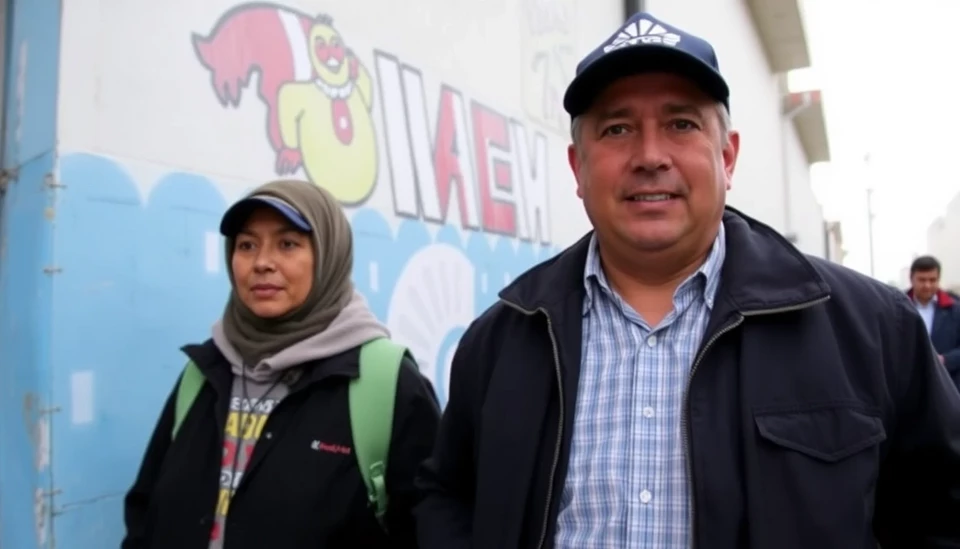
Bolivia is facing an unprecedented natural gas shortage that is threatening to destabilize its economy, leading to severe energy constraints and public discontent. The South American country, long known for its significant natural gas reserves and production, is now grappling with dwindling output and rising domestic demand. This crisis has forced the government to initiate emergency measures, affecting everything from industrial operations to households across the nation.
The situation has escalated due to several factors, including aging infrastructure, mismanagement of resources, and increasing demand from both local industries and neighboring countries. Over the past few years, Bolivia's natural gas production has fallen sharply, leading to a scenario where the country that once boasted of surplus reserves is now struggling to keep pace with its own energy needs. This decline has raised alarms over potential energy shortages and fueled concerns about possible widespread blackouts.
Bolivia’s economy, which heavily relies on natural gas exports, particularly to Brazil and Argentina, is now at a critical juncture. The nation's energy sector has historically been a pillar of economic strength, but the current crisis has plunged it into a precarious position. Industries that depend on natural gas for their operations are facing operational delays, which could lead to reduced productivity and job losses. Additionally, the government is being pressured to find immediate solutions to alleviate public unrest triggered by rising energy costs and supply limitations.
In response to this alarming situation, the Bolivian government has started implementing measures aimed at reducing gas consumption and boosting domestic production. Authorities are encouraging energy conservation across various sectors and have begun negotiations with neighboring countries to secure emergency gas supplies. However, these measures may take time to yield results, during which the populace's patience may wear thin, given the rising discontent seen in recent protests.
Moreover, the government’s attempts to navigate through this crisis may be further complicated by the upcoming 2025 presidential elections, with political leaders facing significant scrutiny over their handling of essential services like energy. This scenario has led to an increasingly challenging environment for the current administration, which is striving to retain public support while implementing potentially unpopular energy rationing measures.
As Bolivia teeters on the edge of this economic crisis, many citizens are worried about the long-term implications of a continuous energy shortage. The government's reputation hangs in the balance as it tries to stabilize the situation and restore confidence among its people. If these energy woes persist, the nation may face not only an economic downturn but also social unrest, highlighting the urgent need for sustainable solutions to Bolivia's energy challenges.
In summary, Bolivia is at a critical crossroads as it confronts a growing natural gas shortage that threatens its economic stability and the wellbeing of its citizens. The government’s capacity to manage this crisis will be pivotal in determining the nation's future in the coming months.
#Bolivia #NaturalGas #EnergyCrisis #EconomicStability #Blackouts #PublicDiscontent #EnergyManagement #SouthAmerica
Author: Daniel Foster



